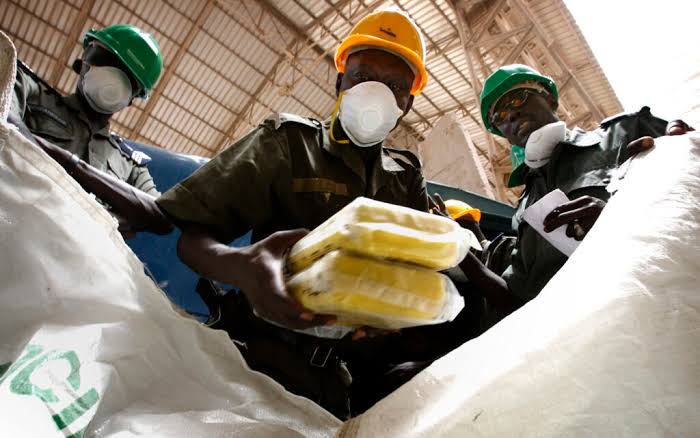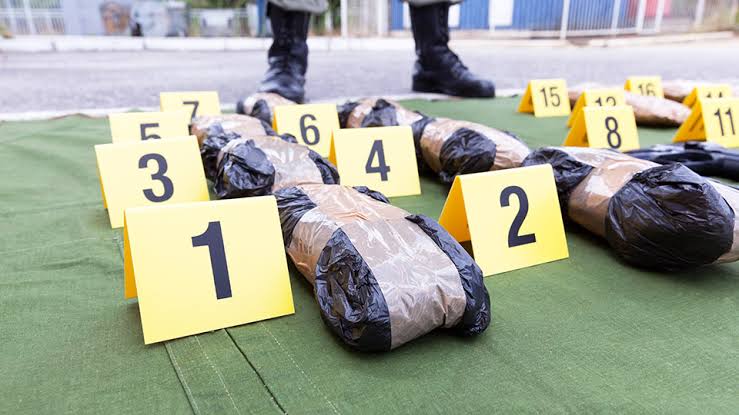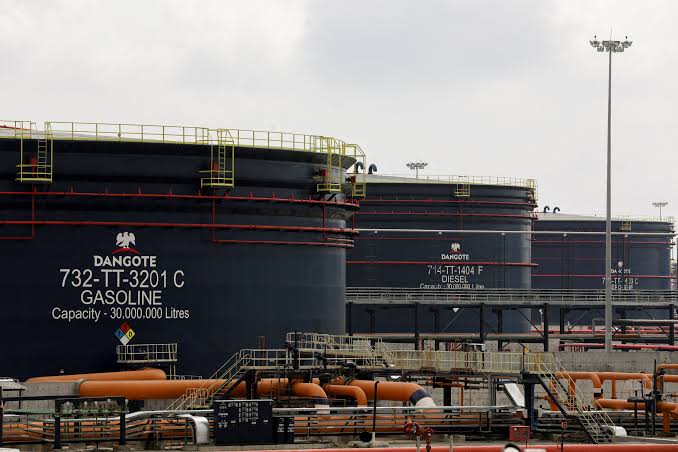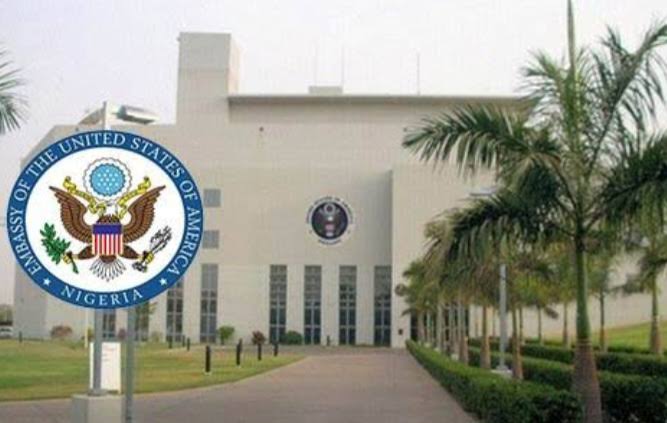
Faith Nyasuguta
West Africa’s shifting role in global drug trafficking has drawn the attention of law enforcement and policy analysts alike. A new report highlights a disturbing trend: criminal networks from the Western Balkans -now among Europe’s most dominant cocaine traffickers – are embedding themselves across West Africa, exploiting the region’s growing importance as a transit corridor for Latin American cocaine headed to Europe.
Balkan criminal syndicates from Albania, Montenegro, Kosovo and Serbia have established logistics and storage operations in West African countries such as Senegal, Sierra Leone, Gambia, Guinea-Bissau, and Cape Verde. These groups facilitate cocaine flows arriving from Latin America – often consolidated in multi-ton shipments before being repackaged in West Africa and forwarded to European markets.
These networks are not working alone; they have aligned themselves with powerful partners like Brazil’s Primeiro Comando da Capital and Dutch criminal organizations to cement their position in the global cocaine supply chain. Analysts describe this alliance as one of the most important for moving cocaine into Europe today.

The UN Office on Drugs and Crime reports explosive growth in drug seizures across the Sahel. In 2022, anti-narcotics operations intercepted 1,466 kilograms of cocaine in countries like Mali, Chad, Burkina Faso, and Niger – a dramatic rise from the mere 13 kilograms annually seized between 2013 and 2020.
West Africa’s geography makes it an ideal transit corridor, with its coastal and overland routes providing multiple entry and exit points for traffickers. In Senegal, authorities intercepted a record 1,137 kilograms of cocaine near an artisanal mining zone, marking the country’s largest on-land seizure ever.
This dynamic fuels a destructive cycle: illicit funding flows into armed groups, which then perpetuate instability and corruption. Experts warn that as more of these highly organized and violent networks expand into West Africa, the risks to stability and security in the region grow significantly. Fragile states, already grappling with poverty, governance challenges, and conflict, are particularly vulnerable to the corrosive influence of drug money.

Given the escalating threat, experts are calling for urgent cross-border cooperation. This includes stronger intelligence sharing among West African nations, coordination with European law enforcement, and targeted actions against brokers and facilitators who make the trafficking networks resilient. Without such cooperation, efforts to curb the trade risk being outpaced by the adaptability of the traffickers.
The newfound prominence of West Africa as a cocaine hub signals a broader shift in global trafficking patterns. With tightened European controls and growing demand in the EU, criminal networks are recalibrating, turning West Africa – from raw exporter to refined conduit – for the wealthy European market. The entrenchment of Balkan networks, interoperability with South American gangs, and use of West African logistics are signs of a coordinated and evolving threat. Disrupting these networks will require cohesive strategy, adequate funding, and sustained political will.
What was once a peripheral movement of drugs through West Africa has now become a focal point of international trafficking. Balkan syndicates, once confined to European routes, now wield power across continents, exploiting fragile regions and transforming West Africa into an indispensable node in the cocaine economy.

Unless regional and global actors act decisively, Africa’s western flank risks becoming not just a transit zone – but ground zero for trafficking violence, corruption, and regional instability.
RELATED:








